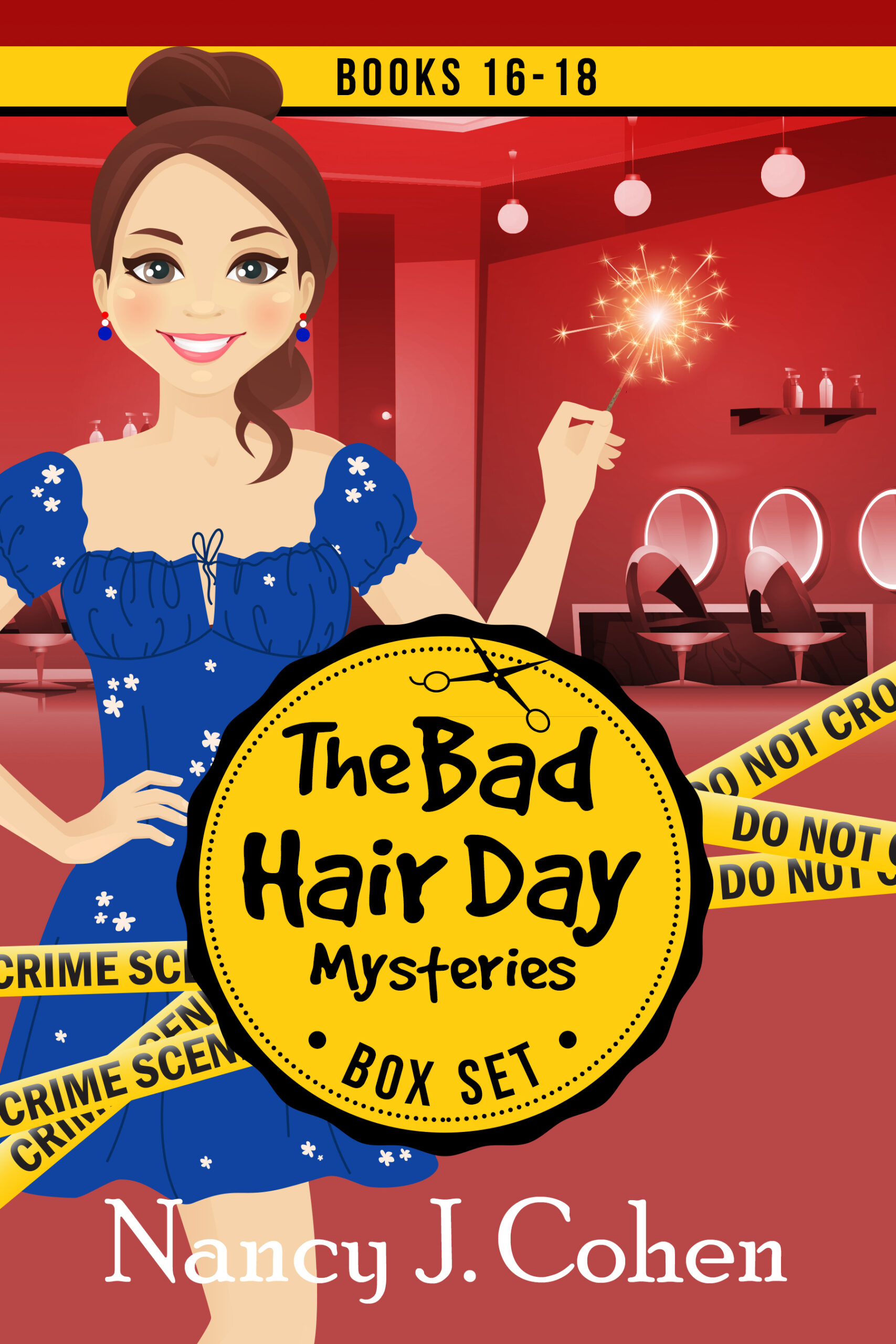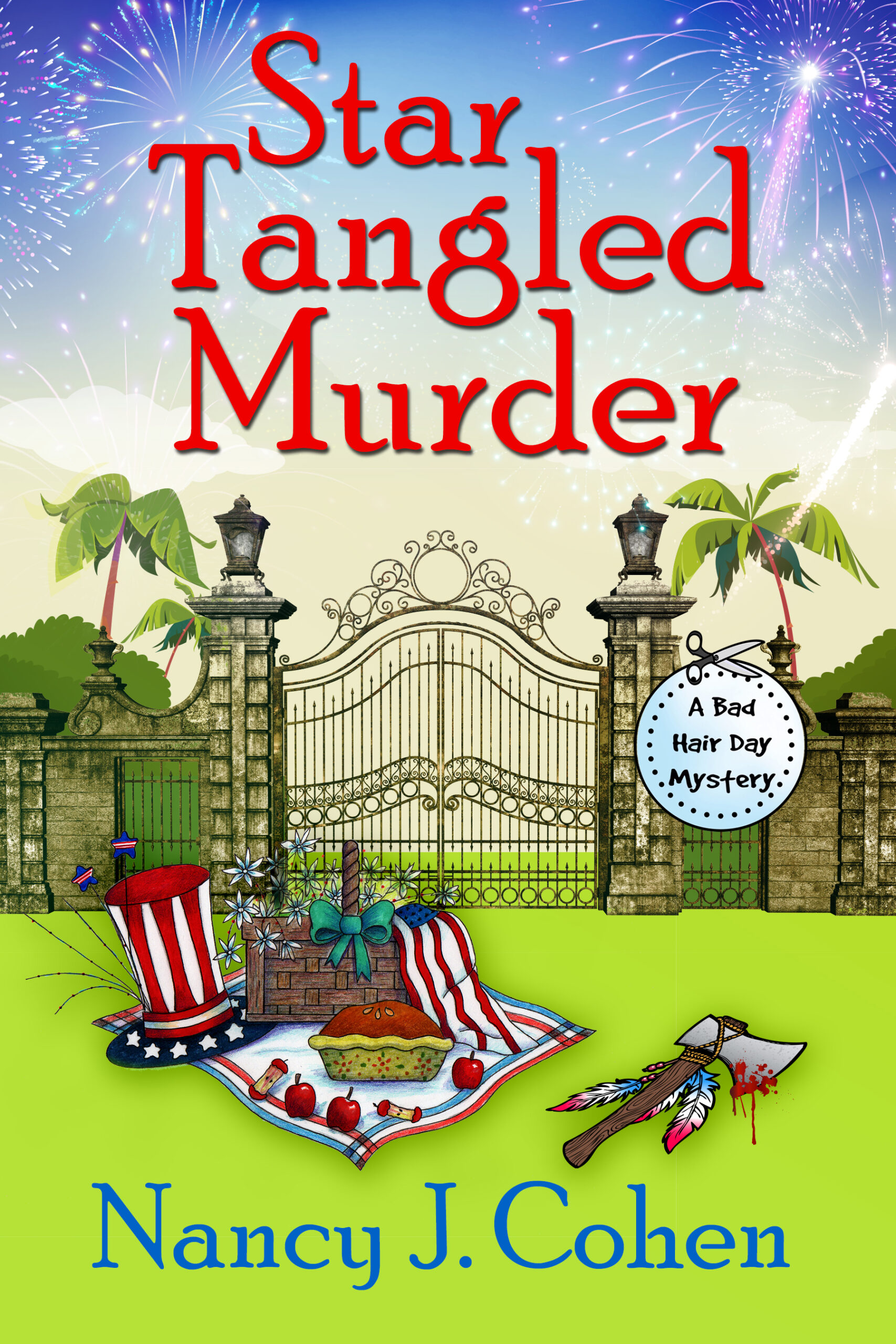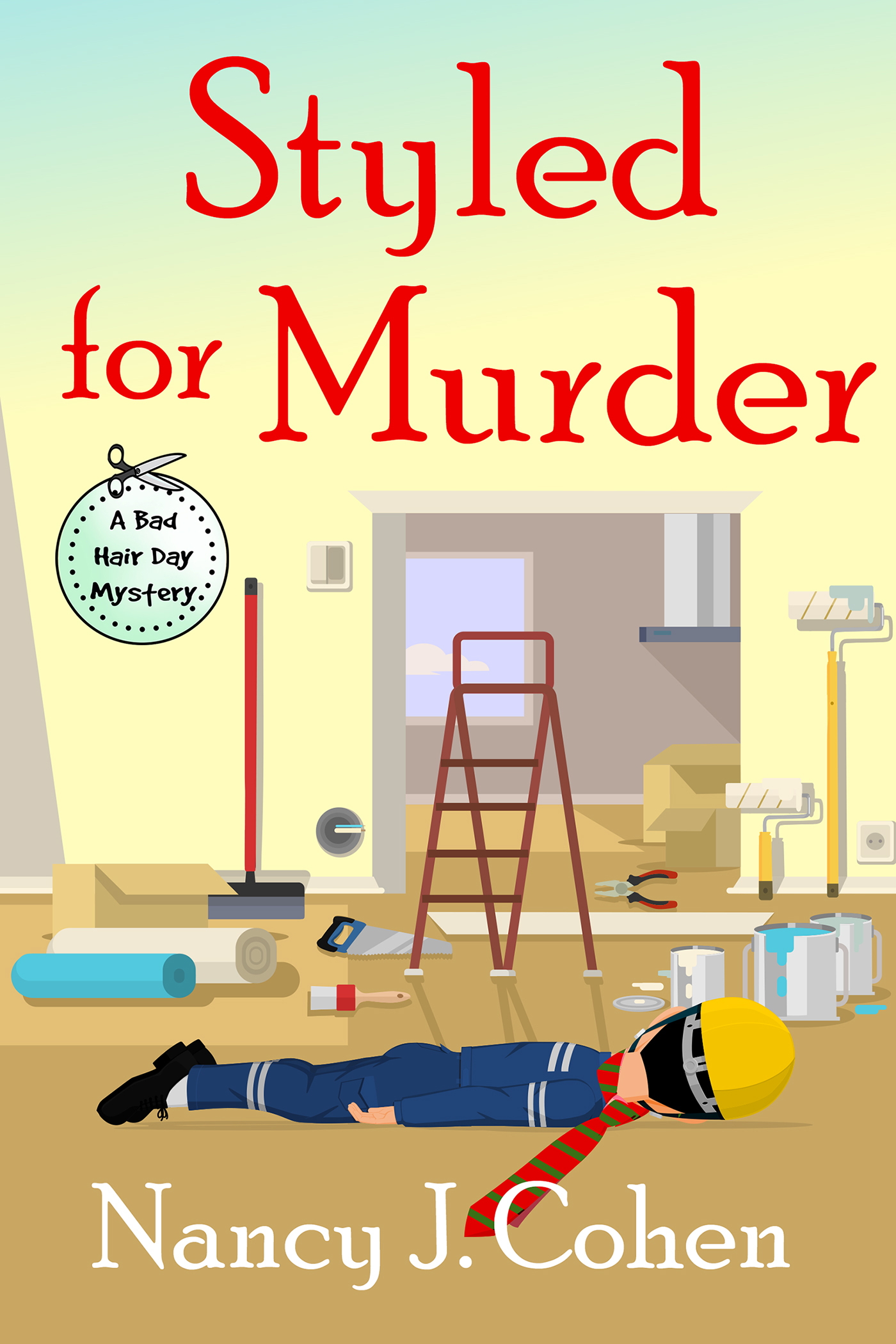Are you procrastinating about your writing career because distractions take you away from your work? Do self-doubts inhibit you? Are you unsure how to get started? Do you take too much time rereading your work and never moving ahead?
Assuming you’ve created your characters and setting, follow these steps:
- Write a complete synopsis of your story. This will be your roadmap, and you’ll see if you have any plot holes to fill in. Include your protagonist’s personal angst and character growth. Each scene should have a purpose, whether revealing character or advancing the story. Don’t worry about how to get from Point A to Point B in detail. This is where story magic comes into play.
- Now set yourself a writing schedule, whatever works for you, even if it’s one page a day.
- Sit down in your chair and write, sticking to your quota, until you finish the first draft.
- Give yourself permission to write crap. You can fix what’s on the page, but first, you must write it.
- Focus on one book at a time. Don’t get distracted by other projects. If you get fresh ideas, jot them down for later. Concentrate on completing this particular work. If you’re unsure which project to develop, do the one that sings to you and ignites your fire.
- Keep moving forward. Don’t second guess yourself. If your synopsis is detailed enough, it will show you where to go. How your characters get there is up to them, and they may provide detours. That’s a good thing, and you can revise your synopsis accordingly, either along the way or when you finish the story. Why do you need a synopsis at all? It’s a sales tool. You may have to present it to your editor with the submission or later to the art department to help in creating your book cover.
- Make a firm career decision. You’re either going to become a professional writer, or it’s a hobby for you. If your decision is serious, treat novel writing like you would any career. Get some training, i.e. attend workshops and conferences, join a critique group, and participate in professional writing organizations.
- Learn the business aspects because it’s not all about writing the book, it’s also about marketing.
- Follow the 4 P’s: Practice, Professionalism, Pursuit, and Perseverance. Keep writing every day or several times a week to fulfill your quota. Always be professional and courteous to others in the industry. Pursue writing as a serious career choice. And never give up your dream. Persistence pays, and eventually you will call yourself a published author. Remember the BIC-HOK motto: Butt in Chair, Hands on Keyboard.
• Posted in Blog • Tags: creative writing, fiction writing, Nancy Cohen, The Writing Life, writers, writing craft, writing process, writing tips | Comments Off on Advice for the Floundering Writer























Great tips, Nancy! Thanks for sharing them. I like that BIC-HOK motto!
That motto is a good one to follow!
These are some good bits of advice, especially writing a complete synopsis of the story. I have a literary review blog, so I’m always interested in other writers’ creative processes. Great post!
Thank you. Some writers are pantsers rather than plotters, but I find having a synopsis keeps me on track.
Thanks for such a helpful post. I had a lot of those thoughts in my mind, but they were tumbling around loose and making more noise than sense. I’m glad to have them in a structured form, where I can look at them, and put them to work daily. Great reminders for the new year!
Thanks, Marcia. I hope these points are useful.
The hardest thing for me is getting from Plot Point A to Plot Point B – so however ‘good’ my roadmap may be, this is when the characters make different decisions and I end up abandoning the route I’ve mapped for them! They get there in the end, but not necessarily by the road I thought they would take!
That’s okay, Paula. If you’re surprised, the reader will be surprised. Then you can rewrite your synopsis when you finish the book. It’s good when characters do their own thing.
I love the times when the characters take over, Nancy.
I can get with everything but the synopsis. Doesn’t work for everyone, and try as I might, I can’t plot more than 3 chapters at a time. But I’ve written 13 novels, so it seems to work for me.
Whatever works is fine. You’re purpose driven and not floundering, but other aspiring authors need direction.
Nancy, great synopsis and couldn’t have been more succinct.
Thank you, I hope these notes are helpful.
Terrific advice. I especially liked #4. Too many aspiring authors think their first draft should be perfect. Mine are…well, you picked the right word, crap.
You are right. A lot of aspiring authors think their words have to be perfect and they never move beyond the first few chapters. I have news for them. Our work is never perfect. There is always something to fix.